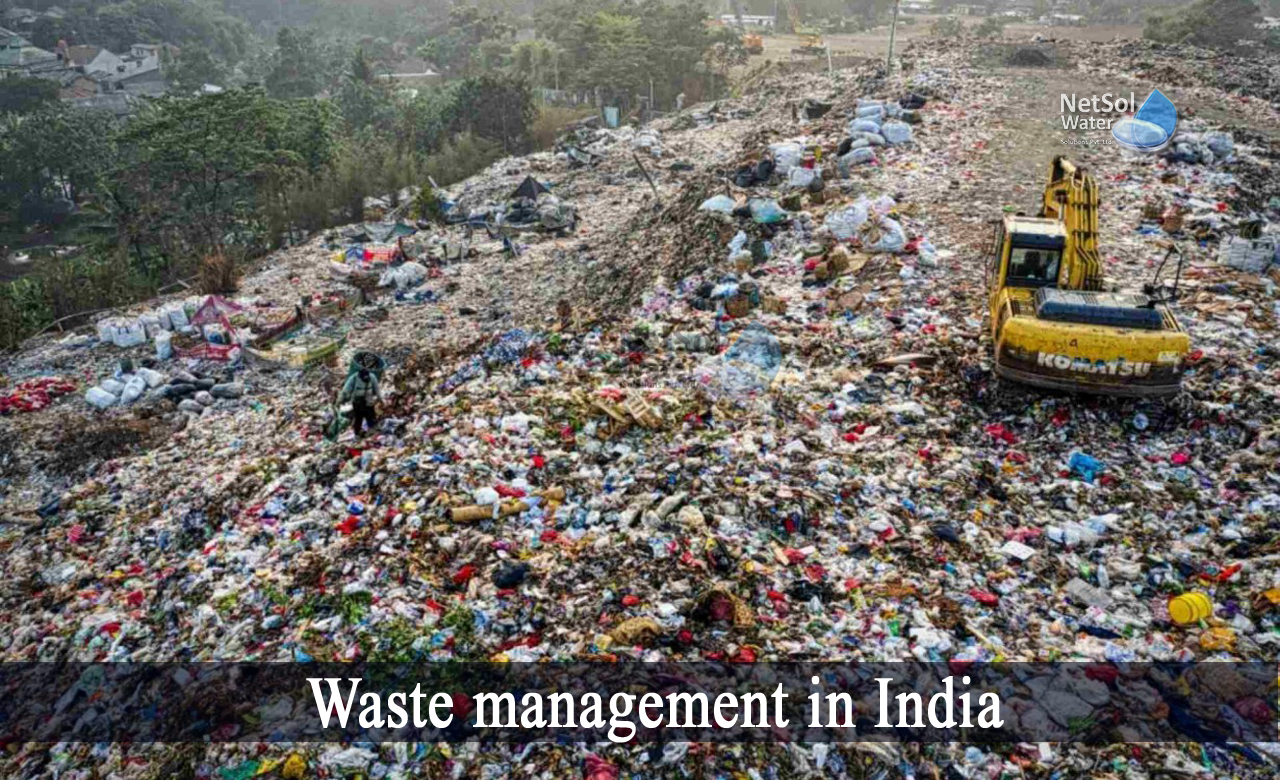How to Waste management in India?
Every human activity generates a significant quantity of waste, which might be solid, liquid, or gaseous. Unplanned urbanization and industrialization have increased the quantity of solid waste, biological waste and hazardous waste, all of which have had a significant influence on the environment. The amount of waste created on a daily basis is rising and the complexity of the waste generated varies on a regular basis, making disposal a major issue for all countries.
What is waste management?
Waste management is a process including Government policymaking, financial, legal, scientific and administrative resources. Safe and effective waste disposal is quite expensive, making waste management a tough business to invest in. This field requires extensive research and development, which is a lengthy process. The waste management system has classified waste into numerous categories, including municipal, industrial and construction waste. Each one is subject to a unique collection and disposal mechanism.
Waste Management in India
For the waste management business in India, the situation is both bright and dark. The fast rise of megacities, along with unplanned industrialization, has raised the demand for a swift and effective waste management system for long-term growth, which is still in its infancy. These, along with a lack of money and popular knowledge, provide a grim image of the Indian sector. On the plus side, India has an unrivalled heritage of recycling and reusing waste in an environmentally beneficial manner, although on smaller individual home sizes. If this can be turned into an industry, it will help to solve the growing problem of waste disposal.
We have a speedy and efficient junk dealer network in India, which aids in easy and effective sorting and collecting, however,waste disposal and treatment are still inefficient. The Government of India is investing in R&D on sustainable waste management technologies. Existing regulations have been changed, and policies have been made stricter and more mandatory in order to successfully raise waste management awareness at both the industrial and individual levels.
Waste management: A rapidly growing industry
India is presently regarded as a leader in the recycling of plastic waste into road building tar. India has successfully piloted this reusable technology, which is now being reproduced throughout the world. A prominent research facility in India has successfully utilized organic lab waste to create environmentally friendly Agro Plastic that can be used as packaging material. India has also implemented Waste to Electricity technology, which entails recovering valuable materials, creating energy and removing dumping from the land.
Conclusion
The waste management industry is mainly unstructured and there is a scarcity of waste management training. Climate change affects the waste composition, causing certain projects to suffer. Inadequate budgets and insufficient levels of public motivation are impeding the expansion of India's waste management business.
Netsol Water, along with other solid waste management firms, have revolutionized food waste recycle. Our environmental friendly Domestic Food Recycler is a rapid option for food waste disposal in the home as well as in medium-sized communities. Domestic Food Recycler promotes a better environment via effective use of technology by making organic waste disposal at the individual level a quick and easy procedure.
Netsol Water is Greater Noida-based leading water & wastewater treatment plant manufacturer. We are industry's most demanding company based on client review and work quality. We are known as best commercial RO plant manufacturers, industrial RO plant manufacturer, sewage treatment plant manufacturer, Water Softener Plant Manufacturers and effluent treatment plant manufacturers. Apart from this 24x7 customer support is our USP. Call on +91-9650608473, or write us at enquiry@netsolwater.com for any support, inquiry or product-purchase related query.



